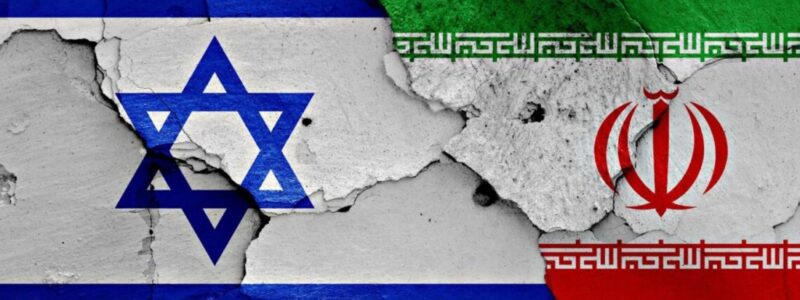Number of personnel in the armed forces
- Iran: active personnel – approximately 610,000, reservists – approximately 350,000, plus up to 220,000 members of paramilitary forces, including the Islamic Revolutionary Guard Corps (IRGC) and the Basij militia.
- Israel: approximately 170,000 active military personnel, reserves — about 400,000, as well as 35,000 members of the National Guard.
Air Force and missile defense
- Iran has about 350 aircraft, including older models such as the F-14, F-4, Su-24, and Su-25.
- Israel, on the other hand, has 612 combat aircraft, including modern F-35, F-15, and F-16 models.
- Israel is also equipped with an advanced multi-layered missile defense system: Iron Dome, David’s Sling, and Arrow, which have already been quite successful in repelling Iranian attacks.
Missile and drone arsenal
- Iran has the largest arsenal in the region, estimated at more than 3,000 ballistic missiles (short- to medium-range), including Shahab, Fateh, Zolfaghar, and Khorramshahr.
- In April 2024, Iran attacked Israel with more than 300 warheads (missiles and UAVs), of which the Israel Defense Forces (IDF) intercepted 99%.
- Among the strike drones are the Shahed-129 (1,700 km range, armed with up to four missiles) and the Shahed-136 (suicide drones with 20–50 kg warheads), a significant number of which were used against Israel.
Intelligence and special forces
- Iran is active in cyber warfare, has special forces (including 200,000 fighters) and resources for international operations through the Quds Force.
- Israel leads in cybersecurity and technology, with Mossad, Unit 8200, innovations in AI and electronic warfare, as well as US support and nuclear deterrence.
Conclusions.
In terms of military power, Iran wins in terms of numbers: soldiers, missiles, drones, and a large fleet. However, Israel has a qualitative advantage: modern fighter jets, missile defense, cyber infrastructure, nuclear capabilities, and innovative technologies. In the event of war, Iran has the resources for a long-term, large-scale campaign, but Israel may be able to deliver a decisive technological blow first, with US support and thanks to its dominance in critical areas.
IRAN, ISRAEL
